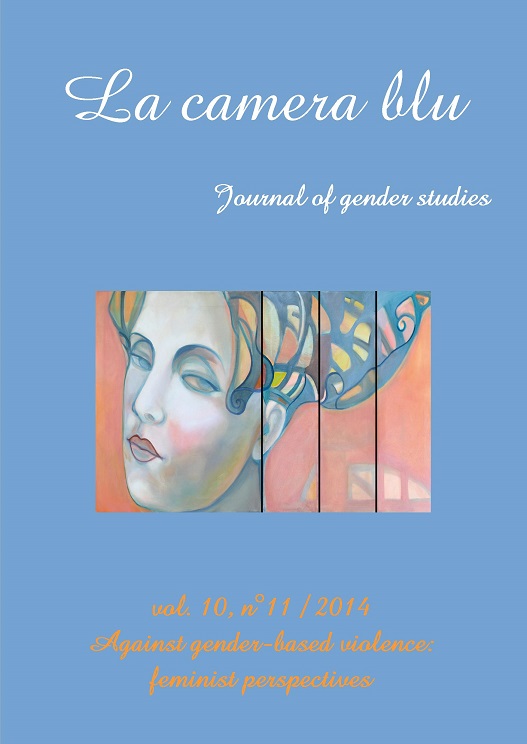Developing spontaneity and well-being in women victims of domestic violence
Abstract
In this paper we present the results of the last stage of the research project Empower Daphne that involved the participation of six countries belonging to the EU in two phases: I) validation of the theoretical model on which basis rests the construct of well-being and spontaneity; II) analysis of Morenian psychodrama intervention efficacy. 407 university students were part of the non-clinical sample in the first phase and 136 women victims of domestic violence made up the clinical sample for the second phase. During the six month the women took part in psychodramatic sessions, together with individual interviews. At the beginning and the end of the six month, a questionnaire was administered consisting of a well-being and a spontaneity scales. In the article we present the results that compare well-being and spontaneity between clinical and non-clinical samples, and between the clinical cut-off scores highlighted in the literature and the scores of clinical sample. The findings demonstrate interesting differences between two sample: observed lower levels of spontaneity and well-being in women victims of domestic violence, both before and after the psychodramatic intervention.
Downloads
Copyright (c) 2015 La camera blu. Rivista di studi di genere

This work is licensed under a Creative Commons Attribution 4.0 International License.

Questa opera è distribuita con licenza Creative Commons Attribuzione - Non opere derivate 4.0 Unported.

